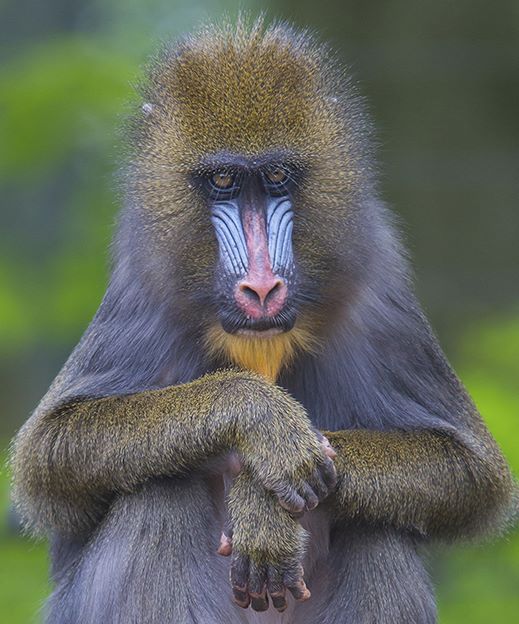
As the largest association of wildlife centers in Africa, the Pan African Sanctuary Alliance includes 23 member organizations in 13 countries.
In 2000, the increasing number of primate rescue and rehabilitation centers in Africa was collectively caring for hundreds of chimpanzees, gorillas, bonobos, and other endangered primates. Many directors and leaders of chimpanzee sanctuaries realized they were facing similar challenges and could benefit by learning from each other, so they arranged a meeting in Uganda to bring them together for the first time. The directors of the organizations agreed there was a need for improved ongoing communication, and as a result the Pan African Sanctuary Alliance was formed. Although PASA’s headquarters is now in Portland, Oregon and it is a registered nonprofit in the U.S., it was created by the African wildlife centers.
While PASA’s initial functions were networking and communication, the Alliance soon took on additional roles such as strengthening the capacity of our member organizations and establishing high standards for their operations. PASA has run projects ranging from crisis response to international law enforcement.
By launching programs to protect wild primates, working with governments to patrol critical habitat and establish new protected areas, and teaching children and adults about conservation PASA made more of an impact than ever before. Law enforcement authorities across Africa increasingly rely on PASA members to give the medical treatment and long-term care for confiscated wildlife that’s essential for the arrests of many wildlife traffickers.
PASA advocates for our members on an international scale, provides them with vital support, and works closely with them to raise awareness globally about wildlife conservation issues. Our model of cooperation has been replicated around the world. Today, when primate species are being pushed ever closer to extinction, the need for PASA has never been greater.
